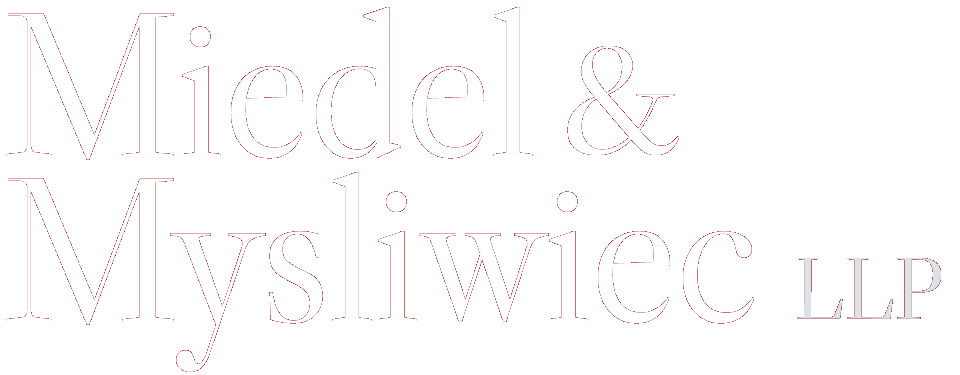If you think it is illegal for a sitting governor to accept $175,000 in loans, various gifts and other benefits from an individual trying to obtain assistance from the state in building his business, you would be dead wrong — at least according to a Supreme Court decision from last summer titled McDonnell v. United States.
In this case, the Supreme Court significantly raised the bar for prosecuting bribery and corruption cases, thereby making it more difficult to convict public officials. And even though this case is barely a year old, it is already impacting the outcomes of cases throughout the United States, including public corruption cases here in New York.
More background on McDonnell
One of the main issues examined by the Supreme Court in the McDonnell case was whether a sitting governor is guilty of public corruption — in the context of the “honest services fraud” statute — by accepting loans and gifts from someone who is seeking the state’s help in launching a business venture.
An important aspect of this case was that the parties agreed to define “honest services fraud” using the federal bribery statute, which states that it is a crime for a public official to “directly or indirectly, corruptly” demand, seek, receive, accept, or agree “to receive or accept anything of value” in return for being “influenced in the performance of any official act.”
Prosecutors in this case argued that the governor had violated the law because he had committed several “official acts” on behalf of the businessman, including arranging meetings between the businessman and government officials as well as hosting/attending certain events at the Governor’s Mansion, among other acts.
The Supreme Court, however, disagreed, noting that an official act “must involve a formal exercise of governmental power, and must also be something specific.” Ultimately, the Justices unanimously decided that “setting up a meeting, calling another public official, or hosting an event does not, standing alone, qualify as an ‘official act.’”
McDonnell’s continuing impact
The effect of the McDonnell decision is already being felt throughout the country, including New York. In fact, this last summer, the Court of Appeals for the Second Circuit overturned the public corruption convictions of former New York Assembly Speaker Sheldon Silver based on the McDonnell opinion.
Specifically, the Second Circuit determined that the jury instructions defining “official act” that were offered during the original Silver trial were overbroad in light of the McDonnell decision. The court noted:
We recognize that many would view the facts adduced at Silver’s trial with distaste. The question presented to us, however, is not how a jury would likely view the evidence presented by the Government. Rather, it is whether it is clear, beyond a reasonable doubt, that a rational jury, properly instructed, would have found Silver guilty. Given the teachings of the Supreme Court in McDonnell, and the particular circumstances of this case, we simply cannot reach that conclusion.
Similarly, last year the Second Circuit overturned the 2015 corruption convictions of Dean Skelos, the former Majority Leader of the New York State Senate, and his son, Adam Skelos. Like the Silver case, these convictions were overturned based upon the decision.
In the wake of McDonnell, one thing seems clear: certain activities done by public officials — such as arranging meeting for wealthy benefactors — are now legal, no matter how ill-advised or imprudent they may appear.
__________________________________________________________________
A NOTE ABOUT OUR FIRM: Recently, Miedel & Mysliwiec has been involved in three significant “public corruption” cases – (1) a federal investigation in the Pacific Northwest that the local U.S. Attorney’s Office and the Public Integrity Section for the Department of Justice conducted; (2) a New York State and SDNY investigation into a political party’s fundraising practices regarding State Senate campaigns; and (3) a special prosecutor’s prosecution in Richmond County of local political actors. Public corruption cases often involve revisiting the “honest services” federal case law and that terrain was changed yet again when the U.S. Supreme Court decided McDonnell v. United States.

